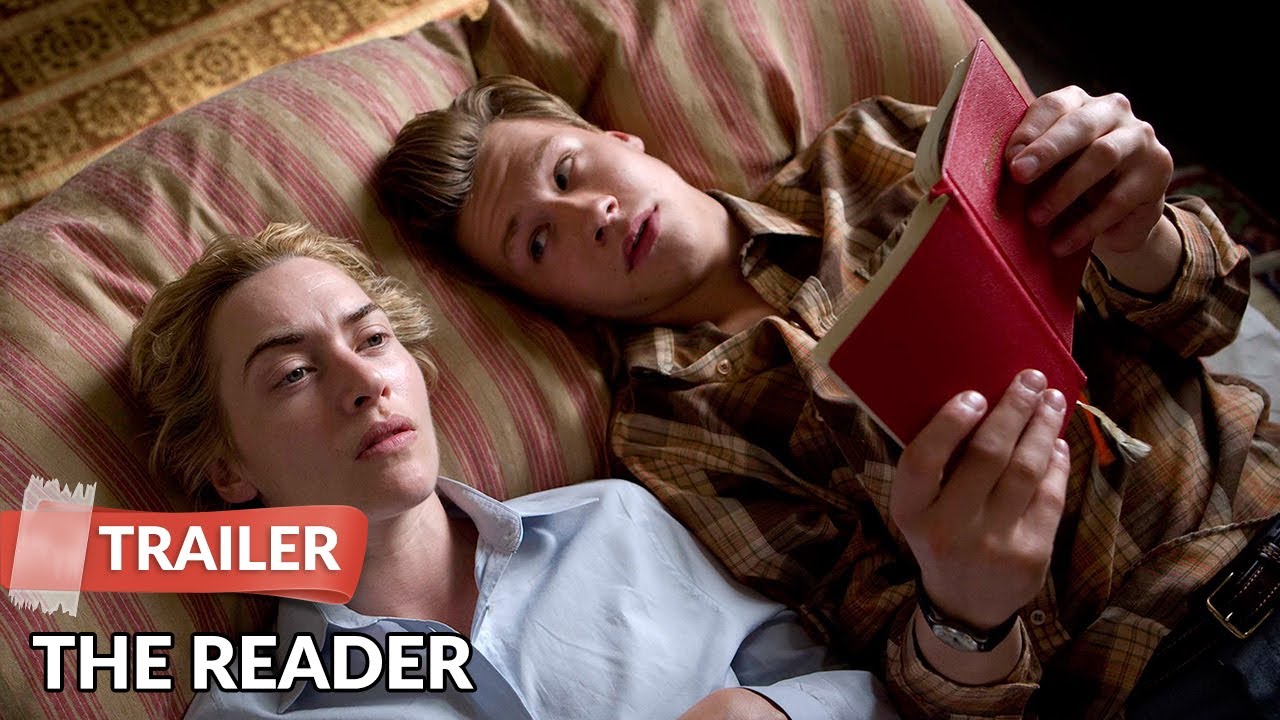
The Reader is a 2008 romantic drama film directed by Stephen Daldry, with a screenplay by David Hare, based on the 1995 novel by Bernhard Schlink. The film stars Kate Winslet, Ralph Fiennes, David Kross, Bruno Ganz, and Karoline Herfurth. Set against the backdrop of post-World War II Germany, the film explores themes of guilt, love, and the moral complexities of history. It follows the relationship between a young man, Michael Berg, and an older woman, Hanna Schmitz, whose secrets become entangled with Germany’s dark past.
The story begins in the 1950s when 15-year-old Michael Berg, played by David Kross, falls ill and is helped by Hanna, played by Kate Winslet, a woman in her thirties. After Michael recovers, the two begin a passionate, secretive affair. However, Hanna suddenly disappears, leaving Michael confused and heartbroken. Years later, Michael, now a law student, unexpectedly encounters Hanna again during a court trial where she is being prosecuted for her role as a Nazi guard during World War II. As the trial unfolds, Michael uncovers Hanna’s dark past, and the revelation challenges both his understanding of their relationship and his perception of morality.
One of the central themes of The Reader is guilt and redemption. The film portrays the complexities of dealing with personal and collective guilt in the aftermath of the Holocaust. Hanna, who is revealed to have been involved in war crimes, struggles with her own sense of shame and responsibility. Michael, in turn, grapples with the moral dilemmas surrounding his feelings for Hanna, especially as her past comes to light. The film explores how individuals attempt to come to terms with their actions, and whether true redemption is ever possible. These themes are intricately woven throughout the narrative, as the characters confront the consequences of their choices.
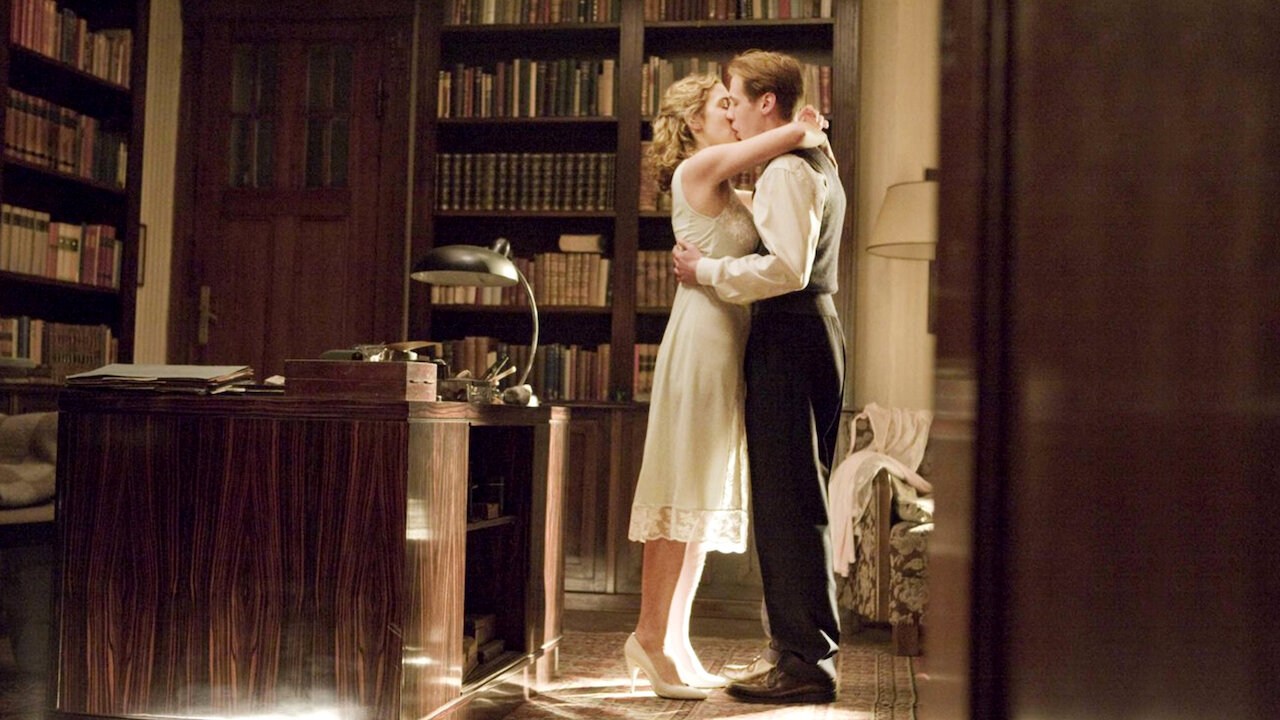
Another important theme in the film is the power dynamics in relationships, particularly between Michael and Hanna. Their love affair is marked by a significant age difference, and the imbalance of power is evident from the start. Hanna’s dominance in their sexual relationship contrasts with her vulnerability when she is later exposed in the courtroom. Michael’s feelings for Hanna evolve throughout the film, from passion and admiration to confusion and moral conflict. The film explores how love, when entwined with power and secrets, can become a complex and morally ambiguous experience.
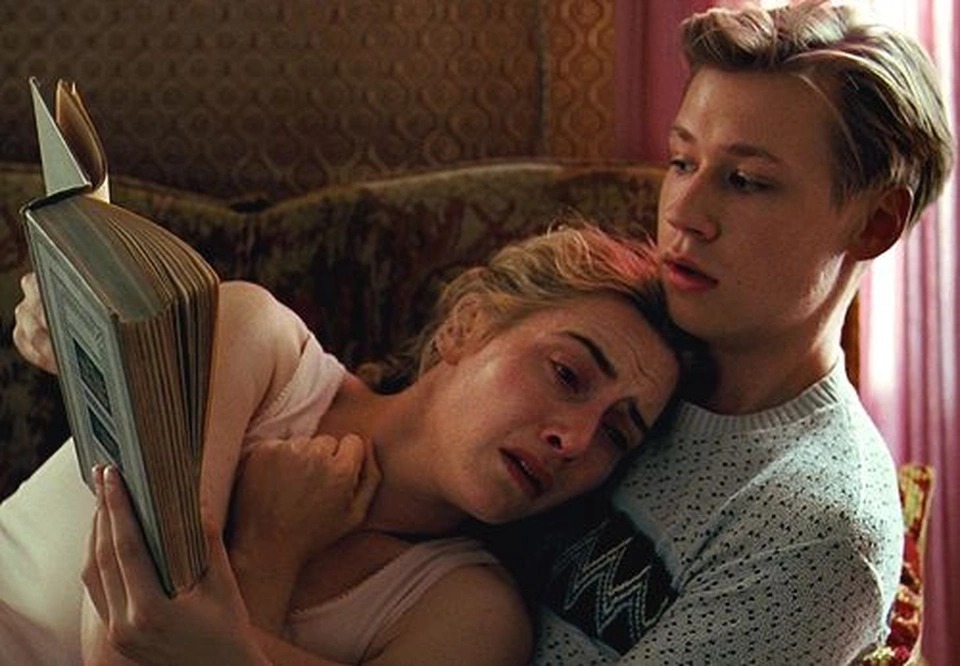
The Reader also delves into the relationship between the past and memory. Michael’s recollections of his affair with Hanna are central to the film, as they shape his emotional responses and understanding of their connection. The movie raises questions about how the past influences present actions, especially in the context of historical trauma. Michael’s journey through his memories and the painful truths he uncovers about Hanna’s past reflect a broader exploration of how societies reckon with their histories. The film emphasizes that the past cannot be easily forgotten or ignored, as its repercussions continue to shape individuals and generations.
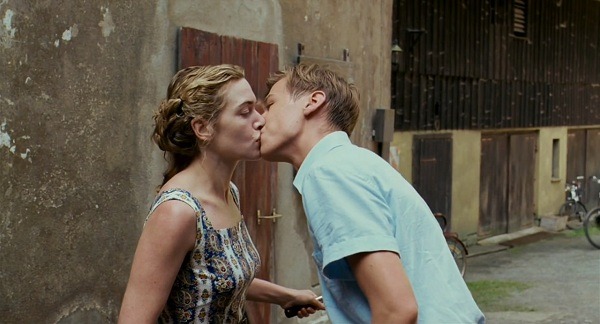
Kate Winslet’s performance as Hanna Schmitz is the heart of The Reader. Her portrayal of a woman torn between love, guilt, and the haunting memories of her past earned her an Academy Award for Best Supporting Actress. Winslet skillfully navigates Hanna’s complex emotions, from her initial warmth and allure to her eventual vulnerability in the courtroom. David Kross, who plays the young Michael, and Ralph Fiennes, who portrays the adult Michael, both give strong performances that anchor the film emotionally. The development of Michael’s character, as he transitions from a confused teenager to an adult dealing with the complexities of morality and forgiveness, is central to the film’s narrative.
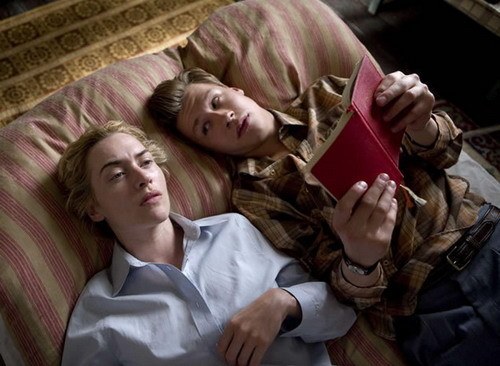
In conclusion, The Reader is a poignant and thought-provoking film that examines the moral complexities of love, guilt, and history. Through its sensitive portrayal of the relationship between Michael and Hanna, the film asks difficult questions about the intersection of personal emotions and the weight of historical events. With standout performances, particularly from Kate Winslet, the film resonates long after the credits roll, leaving viewers reflecting on the consequences of the past and the challenges of redemption. The Reader is a powerful exploration of how love, guilt, and memory shape individuals and their understanding of history.
